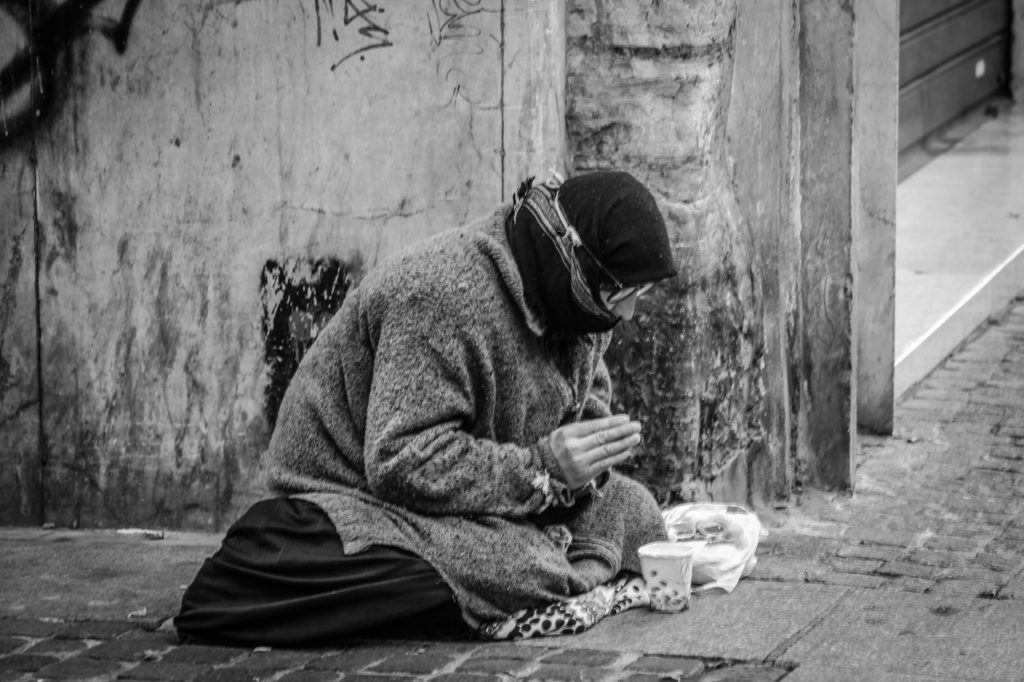Mosaic Law and Traditions
Twenty-Second Sunday in Ordinary Time
“Religion that is pure and undefiled before God and the Father is this: to care for orphans and widows in their affliction.” James 1:27

Moses gave the Israelites their Law, which provided the structure for daily life. As recorded in the Bible, over half of the Law is about rituals for worship and sacrifice. A related concept is the concept of a person’s ritual purity (or cleanliness), which is required for participation in both social ~ and religious activities, since persons become unclean by physical contact with other unclean if persons, animals, or objects. Other ways a person becomes unclean include the presence of skin lesions, bleeding, or a bodily discharge. Unclean persons are required to purify themselves to be again considered clean. Despite the Law’s complexity, observant Jews considered it a privilege, not a burden, to observe its precepts, and they continue to do so today.
The scribes and Pharisees are focusing on the disciples’ failure to properly wash their hands prior to eating. But nowhere in the biblical texts of the Law are there regulations regarding the washing of hands before or after meals. These regulations, as described by Mark, are merely practices like those that arise in all societies; if they continue long enough, they can seem like sacred duties, sanctified as “the traditions of their elders.”
This distinction is the source of the tension in these three readings. Moses and James both tell their people that they are recipients of a divine gift that requires special care, while Jesus is practically livid when the scribes and Pharisees react harshly to the disciples’ failure to wash their hands according to Jewish practices.
Such a distinction between divine law and human practices is valuable for our own lives. When we hear of another’s misdeeds, we should evaluate the seriousness of the offense before forming our own impression. Is this truly a serious moral matter? Or something less weighty? Carefully discerning the seriousness of such matters might reveal that things are not as Brave as they first appear. Such care is an exercise in Christian charity, one way of acting on the word we have received as members of the Body of Christ.
Readings for the Week
Monday: 1 Thes 4:13-18; Ps 96:1, 3-5, 11-13; Lk 4:16-30
Tuesday: 1 Thes 5:1-6, 9-11; Ps 27:1, 4, 13-14; Lk 4:31-37
Wednesday: Col 1:1-8; Ps 52:10-11; Lk 4:38-44
Thursday: Col 1:9-14; Ps 98:2-6; Lk 5:1-11
Friday: Col 1:15-20; Ps 100:1b-5; Lk 5:33-39
Saturday: Col 1:21-23; Ps 54:3-4, 6, 8; Lk 6:1-5
Sunday: Is 35:4-7a; Ps 146:7-10; Jas 2:1-5; Mk 7:31-37
Saints & Special Observances
Sunday: Twenty-second Sunday in Ordinary Time
Wednesday: World Day of Prayer for the Care of Creation
Friday: St. Gregory the Great ; First Friday
Saturday: Blessed Virgin Mary; First Saturday
